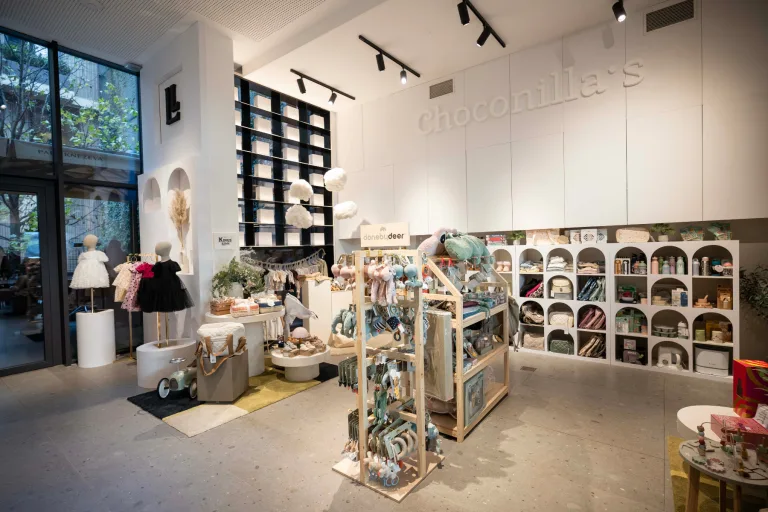How Social Anxiety Can Lead to Substance Use
When Avoidance Turns Into Addiction
Social anxiety is more than just nervousness before a party or meeting someone new. For many people, it’s a chronic, debilitating fear of judgment, humiliation, or rejection in social settings. And when those feelings become overwhelming, substances can seem like an easy solution—a way to quiet the mind, take the edge off, or feel “normal.”
Unfortunately, what begins as a coping tool often becomes something far more destructive. The link between social anxiety and substance use is strong, and the earlier it’s recognized, the better the chance of preventing long-term harm.
What Is Social Anxiety Disorder?
The Fear Behind the Smile
Social anxiety disorder (SAD) is one of the most common mental health conditions, affecting millions of people worldwide. It involves intense fear or discomfort in situations where a person feels they’re being watched, evaluated, or potentially embarrassed.
Common symptoms include:
- Blushing, sweating, or trembling in social situations
- Avoiding eye contact or conversations
- Overthinking interactions long after they happen
- Fear of public speaking, eating, or even walking in front of others
- Physical symptoms like nausea or rapid heart rate
While some people manage to hide their discomfort, others begin avoiding social situations entirely—cutting off opportunities for connection, growth, and emotional support.
How Social Anxiety Fuels Substance Use
Self-Medicating the Symptoms
When someone with social anxiety discovers that a drink or drug takes the edge off, it can feel like a revelation. Substances like alcohol, marijuana, or benzodiazepines reduce inhibition and dull fear—at least temporarily.
But over time, this pattern creates new problems:
- Tolerance builds, requiring more substance to achieve the same effect
- Social skills remain undeveloped or deteriorate
- Anxiety worsens between uses
- Physical and psychological dependency can form quickly
This cycle becomes especially dangerous when the original anxiety is never treated, and the substance begins to take center stage.
The Hidden Nature of Co-Occurring Disorders
Many people with social anxiety and substance use disorder don’t know they’re dealing with two separate, but deeply connected, conditions. They may think they just have a drinking problem or drug issue—without realizing that untreated anxiety is driving their behavior.
In clinical care, this is known as a co-occurring disorder or dual diagnosis. Treatment must address both sides of the problem, or neither will fully improve.
Why Integrated Treatment Matters
More Than Detox
Stopping substance use is just the first step. If social anxiety is still present, the cravings and emotional discomfort can make relapse feel almost inevitable. That’s why dual diagnosis treatment focuses on:
- Learning healthy coping strategies for social discomfort
- Gradually exposing clients to social settings in supportive ways
- Building self-confidence and emotional regulation
- Treating anxiety and addiction as two parts of the same recovery
Programs offering integrated care—like those found in high-quality drug rehab in San Diego—focus on treating the whole person, not just the symptoms of substance use.
Tailored Therapies for Social Anxiety
Effective treatment may include:
- Cognitive Behavioral Therapy (CBT) to reframe fearful thinking
- Group therapy in a safe, controlled setting
- Medication for severe anxiety symptoms
- Mindfulness and grounding practices
- Social skills training and peer support
This comprehensive approach helps clients build real-world confidence while maintaining sobriety.
Life After Treatment: Rebuilding Confidence
Recovery from co-occurring social anxiety and addiction doesn’t end at discharge. It’s a lifelong process of learning, practicing, and growing. Ongoing support might include:
- Continued therapy or coaching
- Alumni or peer groups
- Gradual reintroduction to social environments
- Personalized aftercare plans
With time, individuals can rediscover joy in connection and confidence in themselves—without needing substances to feel comfortable.
You’re Not Alone
Living with social anxiety can feel isolating—and using substances to cope often adds guilt, shame, and confusion. But this experience is more common than people realize, and there is a path forward.
With professional support and a personalized treatment plan, individuals struggling with social anxiety and addiction can break the cycle and build a life of clarity, connection, and authentic self-confidence. For those seeking compassionate, evidence-based support, drug rehab in San Diego offers a starting point to reclaim mental and emotional stability with dignity.




